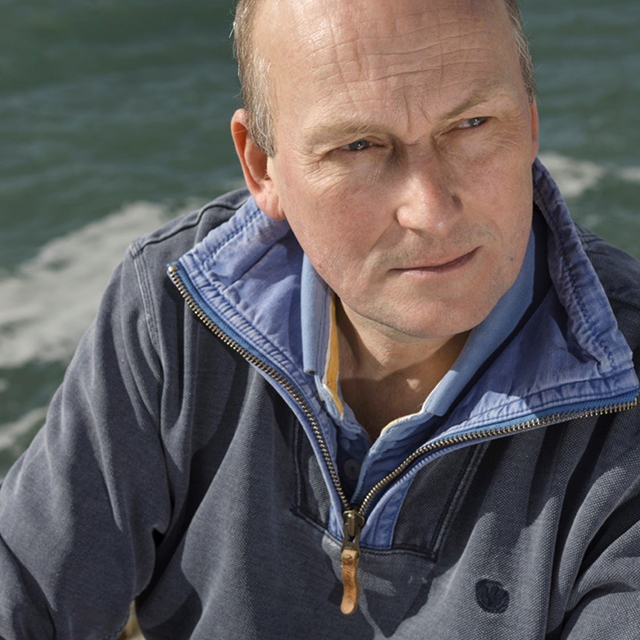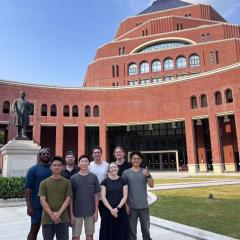The burden of preserving the planet from macro and microplastics is shared across all parties: corporate, governing, and consumer.
Microplastics demonstrate that even the smallest things can have a dramatic collective impact; and as their harms become more apparent through research, the topic has attracted international attention.
In this episode, we hear from the person who first conducted research into and coined the term microplastics: Marine Biologist and University of Plymouth Professor Richard Thompson OBE FRS. We explore in detail the social factors around plastic pollution and humanity’s next steps to respond to this problem.
Having a desire to investigate the influences which made the microplastic issue into what it is today, Liveris Scholar Ewan Beach sought information on the world’s initial recognition of the problem and the scientific consensus towards our future action required. With his incredibly unique perspective on microplastics, Richard Thompson OBE FRS discusses his journey in starting microplastics research and the importance of shifting our focus from studying their harm to implementing solutions.
Meet our guest
 Richard C. Thompson OBE FRS
Richard C. Thompson OBE FRS
Professor of Marine Biology, Director of the Marine Institute, University of Plymouth
Richard has published over 200 scientific papers and is one of the world’s foremost experts on plastic pollution. In 2004, he published the first paper describing the long-term accumulation of microscopic fragments of plastic in the environment, naming them ‘microplastics’. He and his team have been at the forefront of microplastics research and have shown their global distribution, the potential for transfer from the gut to the circulatory system, and their role in the transport of chemical contaminants. This pioneering early work was pivotal in recognition of microplastic contamination in policy, such as Marine Strategy Framework Directive.
Richard has an extensive track record of collaboration across the disciplines, with an emphasis on identifying ways to use plastics more sustainably. His recent work has guided policy on the release of microplastics from cosmetic products and textiles.
His wider research focuses on the ecology of shallow water habitats, including artificial structures. He received the Marsh Award for Marine and Freshwater Conservation in 2017, an OBE for services to marine science in 2018 and was elected a Fellow of the Royal Society in 2020. His team at the Marine Litter Research Unit won the NERC Impact Award (2018) and based on their work the University of Plymouth received the Queen’s Anniversary Prize for Higher and Further Education in 2020.
e-mail: rcthompsopn@plymouth.ac.uk
Twitter: @ProfRThompson



